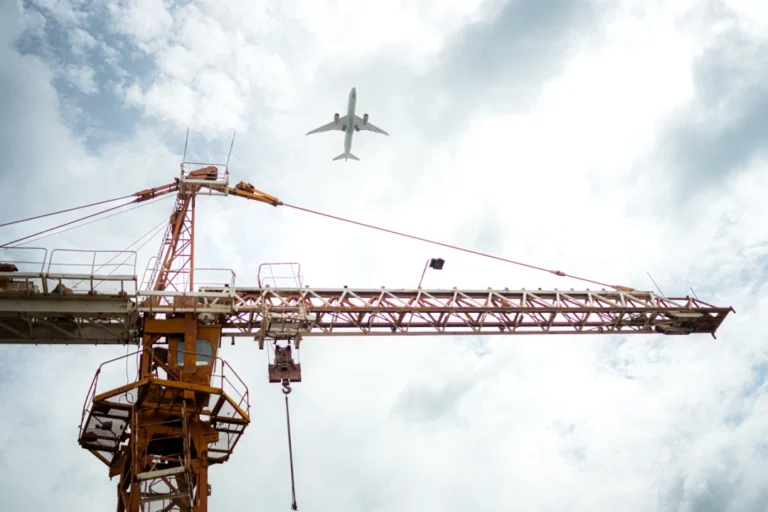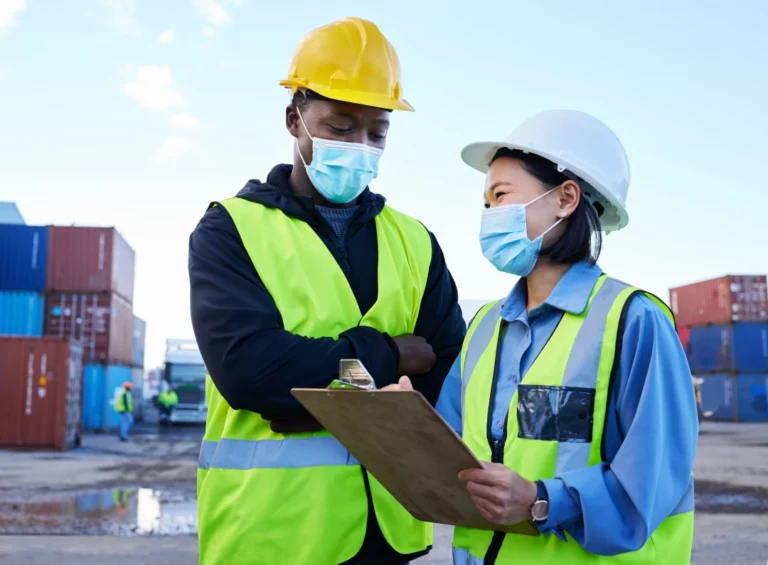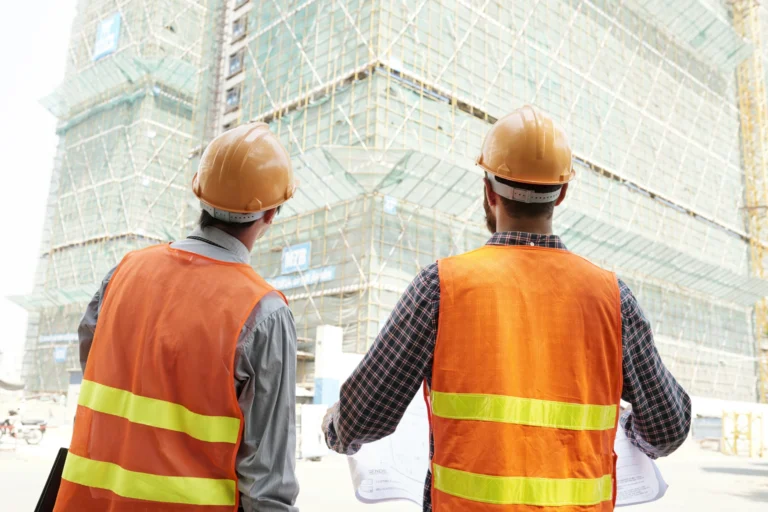Introduction
The Gulf region is witnessing a surge in Engineering, Procurement, and Construction (EPC) activities, driven by ambitious infrastructure projects and strategic investments in energy sectors. With its dynamic growth and ongoing projects, the Gulf continues to solidify its position as a global hub for EPC ventures.
Overview of the EPC Sector in the Gulf
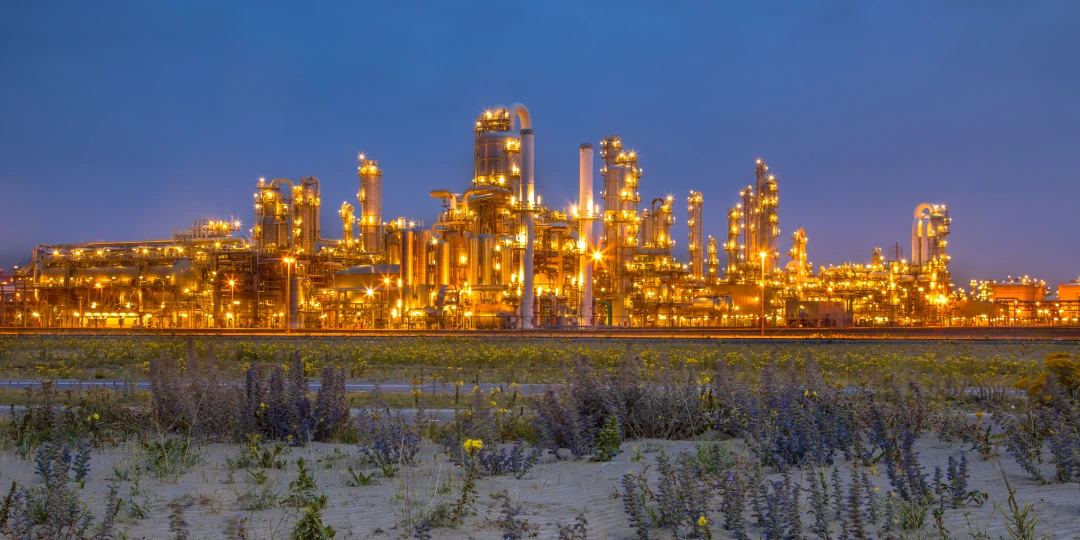
EPC in the Gulf is a dynamic and growing sector, with the Gulf Cooperation Council (GCC) countries like Saudi Arabia, the UAE, and Qatar leading the charge. These nations are home to some of the world’s most significant EPC projects, spanning industries such as petrochemicals, oil and gas, infrastructure, and renewable energy. The Gulf’s commitment to economic diversification and reducing its dependence on oil has fueled the development of large-scale industrial and infrastructure projects, making EPC a cornerstone of regional growth.
Key Developments in the Gulf's EPC Sector
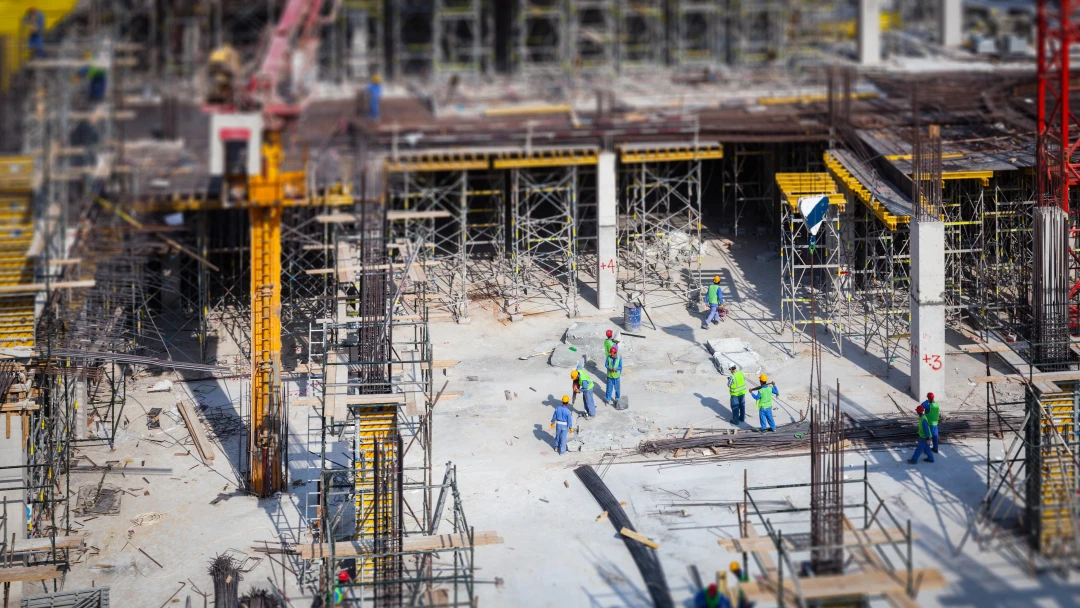
Amiral Petrochemical Complex
One of the most significant EPC projects in the Gulf is the Amiral Petrochemical Complex in Saudi Arabia. This $11 billion project, a joint venture between Aramco and TotalEnergies, marks a cornerstone of Saudi Arabia’s downstream expansion strategy. Hyundai Engineering & Construction secured a record $5 billion EPC contract for building a mixed feed cracker, the largest of its kind in the Gulf. This facility will produce 1.65 million tons of ethylene per year, reinforcing the region’s petrochemical production capabilities (Oil Review Middle East).
Expansion of the SATORP Refinery
The Amiral project is integrated with the existing SATORP refinery in Jubail, Saudi Arabia. This expansion is set to attract over $4 billion in additional investments across various industrial sectors, including carbon fibers, lubricants, and automotive parts. The new petrochemical complex will enable the conversion of refinery off-gases and naphtha into higher-value chemicals, showcasing the Gulf’s ambition to lead in advanced industrial capabilities (Oil Review Middle East).
Growth of Renewable Energy Projects
The Gulf’s shift towards renewable energy is reshaping the EPC landscape. Countries like the UAE and Saudi Arabia are investing heavily in solar and wind energy projects, aiming to increase their share of renewable energy in the overall mix. This focus on sustainability is creating new opportunities for EPC contractors specializing in green energy projects, driving innovation and environmental responsibility in the region (Gulf Oil and Gas).
Infrastructure Mega Projects
Infrastructure development is at the heart of the Gulf’s EPC sector. From the construction of futuristic cities like NEOM in Saudi Arabia to the expansion of transportation networks in the UAE, these mega projects demand comprehensive EPC services. These projects are not only about enhancing the local economy but also about positioning the Gulf as a global leader in trade, tourism, and urban development (Gulf Oil and Gas).
Strategic Partnerships and Collaborations
The Gulf’s EPC sector thrives on strategic partnerships between local firms and international EPC giants. Aramco, for example, has forged collaborations with global leaders like Larsen & Toubro, Samsung, and Hyundai to drive its ambitious projects. These partnerships are crucial for the successful delivery of large-scale projects and for fostering knowledge transfer and capacity building within the region (Gulf Oil and Gas).
Opportunities in the Gulf's EPC Sector
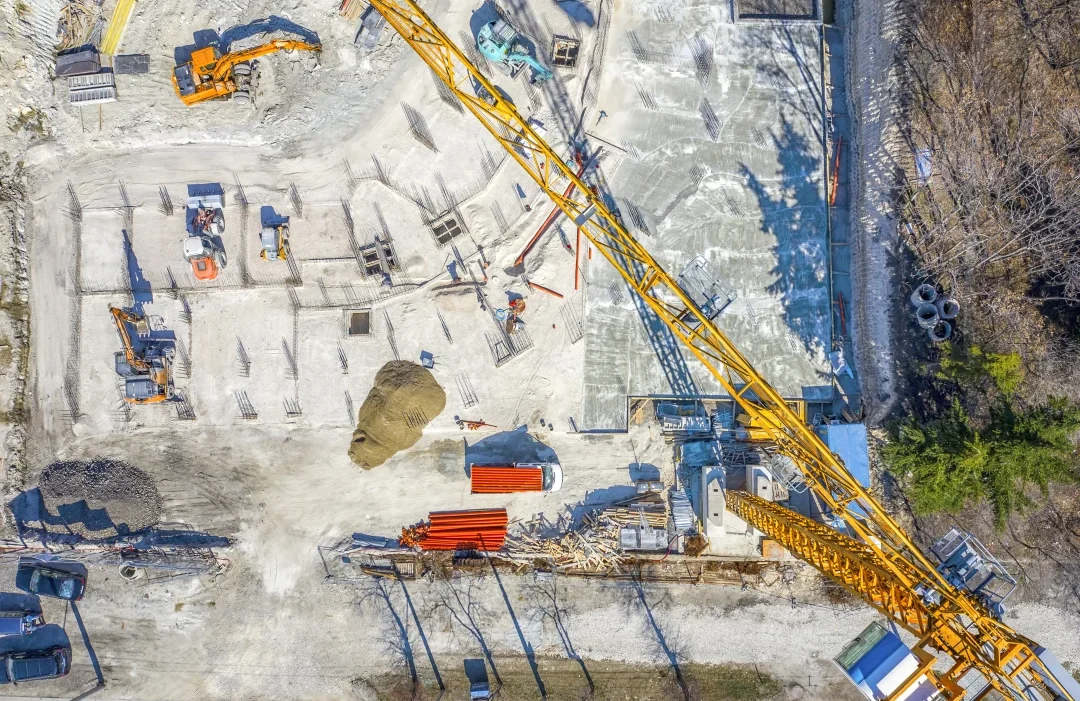
Economic Diversification
The Gulf’s ongoing push towards economic diversification presents vast opportunities for EPC companies. Governments across the region are investing in non-oil sectors, creating a robust pipeline of infrastructure and industrial projects. EPC contractors with expertise in diverse industries are well-positioned to capitalize on this trend.
Technological Advancements
The adoption of advanced technologies like Artificial Intelligence (AI), Internet of Things (IoT), and digital twins is revolutionizing the EPC industry. Companies that embrace these technologies can enhance efficiency, reduce costs, and deliver projects more effectively. In a competitive market like the Gulf, technological innovation is key to staying ahead (Oil Review Middle East).
Sustainability Initiatives
Sustainability is becoming increasingly important in the Gulf’s EPC sector. There is a growing emphasis on green building practices, renewable energy projects, and environmentally friendly infrastructure. EPC firms that align with these sustainability goals are likely to find ample opportunities in the region, particularly as global and local regulations become more stringent (Oil Review Middle East).
Challenges in the Gulf's EPC Sector
Regulatory and Compliance Issues
Navigating the complex regulatory environment in the Gulf can be challenging for EPC contractors, especially international firms. Compliance with local laws and regulations is crucial to avoiding project delays and cost overruns. Understanding the regulatory landscape and working closely with local partners can mitigate these risks (Gulf Oil and Gas).
Resource Constraints
The rapid pace of development in the Gulf often leads to resource constraints, including shortages of skilled labor and construction materials. EPC companies must plan meticulously and establish strong supply chains to ensure the timely delivery of projects. Efficient resource management is essential for maintaining project timelines and budgets (Gulf Oil and Gas).
Geopolitical Risks
The Gulf region is not immune to geopolitical risks, which can impact the stability of the market and the continuity of projects. EPC firms must stay informed about regional developments and have contingency plans in place to address potential disruptions. Building flexibility into project timelines and contracts can help manage these risks effectively (Oil Review Middle East).
Conclusion: The Road Ahead
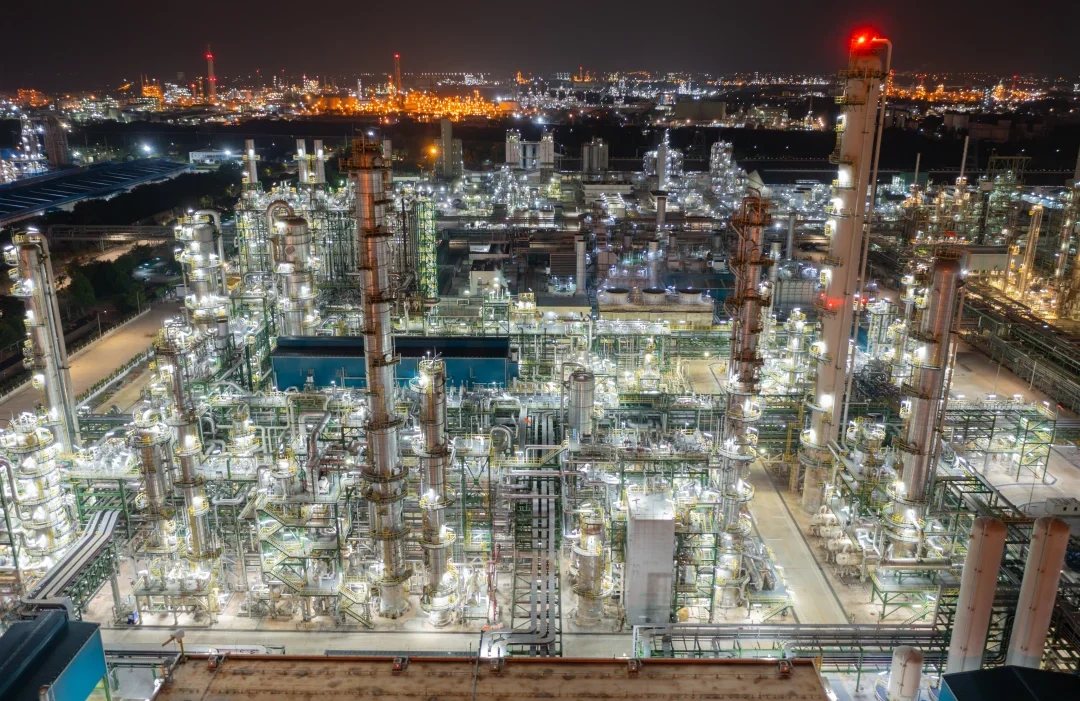
The future of EPC in the Gulf is bright, with significant opportunities arising from the region’s ambitious infrastructure and energy projects. However, to capitalize on these opportunities, EPC firms must navigate the challenges of regulatory compliance, resource management, and geopolitical risks. By embracing technological advancements and sustainability practices, the EPC industry in the Gulf can continue to thrive and play a pivotal role in shaping the region’s future.
As the Gulf continues to invest in its infrastructure and diversify its economy, the EPC sector will remain at the forefront of this transformation, driving growth and innovation across the region.


